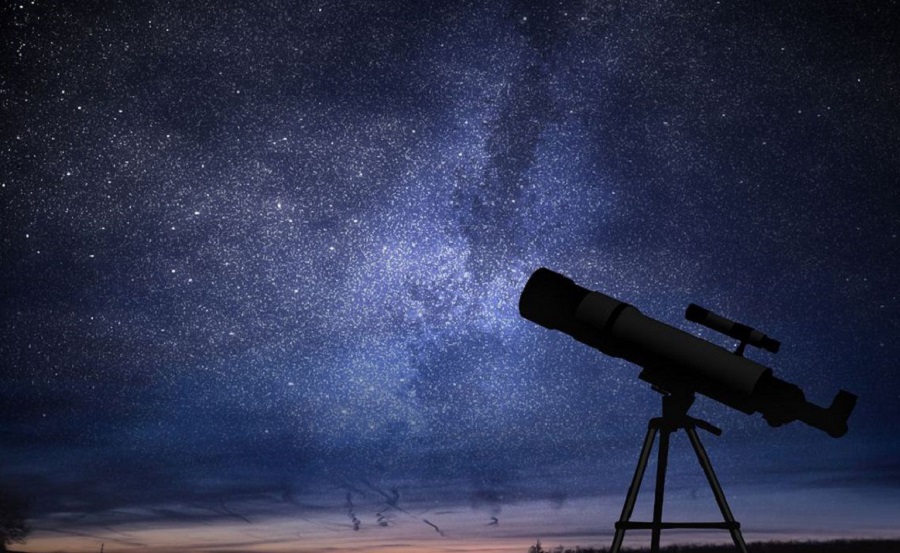RIO DE JANEIRO, BRAZIL – The competition was held in Peru between October 25 and November 10 this year, in hybrid format (in-person and online), due to the novel coronavirus pandemic.
Seventy-nine students from 17 countries took part in this edition of OLAA, representing Argentina, Bolivia, Brazil, Chile, Colombia, Ecuador, Guatemala, Mexico, Nicaragua, Panama, Paraguay, Peru, Uruguay, Costa Rica, El Salvador and Venezuela, the last three participating for the first time. As observers, the Olympiad welcomed representatives from Belize.

The Brazilian team comprised the top 5 students in the Brazilian Olympiad of Astronomy and Astronautics (OBA) in 2021: Isabela Pereira Gregio (16 years old, from Escola Harmonia Bilíngue, in Campo Grande – MS), Leonardo Vellar Augé (17 years old, from Colégio Gonzaga, in Pelotas – RS), Luís Otávio Trotti Martins Guedes de Souza (18 years old, from Liceu Jardim, in Santo André – SP), Paulo Henrique dos Santos Silva (16 years old, from Colégio Objetivo, in Santana de Parnaíba – SP) and Wesley Antônio Machado Andrade de Aguiar (17 years old, from Colégio Militar de Manaus, in Manaus -AM).
ACTIVITIES
The Brazilian students also won the best Individual Theoretical Test, the best Observational Test, in addition to being present at the best Multinational Teams Theoretical Test and the best Multinational Teams Simulated Rockets Test. This was another unprecedented achievement, according to the OBA organization.
The team was led by professor Júlio César Klafke of Colégio Objetivo/Instituto Alpha Lúmen, and co-lead by professor Eugênio Reis of the National Observatory of the Ministry of Science, Technology and Innovations (MCTI).
Besides taking the tests, the students participated in various academic activities and had the opportunity to chat and ask questions to Russian cosmonaut Alexander Lazutkin. They also watched presentations on Inca astronomy and took a virtual tour of the oldest astronomical observatory in the Americas, the Chankillo Solar Observatory. They also left messages for the future in the Time Machine. This messages repository will be opened 100 years from now.
OBA
The Brazilian candidates are called according to their scores in the Brazilian Olympics of Astronomy and Astronautics (OBA) the year before. The 5 students who competed in OBA were selected after taking tests and exams in online training sessions held in the months leading up to the Latin American competition.
The OBA is aimed at primary and secondary school students. In its 24th edition, in 2021, 481,525 elementary and high school students from 9,085 public and private schools from all Brazilian states enrolled. More than 34,446 teachers participated in the Olympiad.
A total of 55,188 medals were distributed among the participants in the 4 levels of the OBA, 19,874 of them gold, 19,881 silver and 15,433 bronze. This year, due to Covid-19, the Olympiad was also held in a hybrid format.
OLAA was born in Montevideo and has been held since 2009. It is coordinated by astronomers from several countries.
The OBA is organized by a committee comprising members of the Brazilian Astronomical Society (SAB) and the Brazilian Space Agency (AEB), with support from the National Council for Scientific and Technological Development (CNPq).

